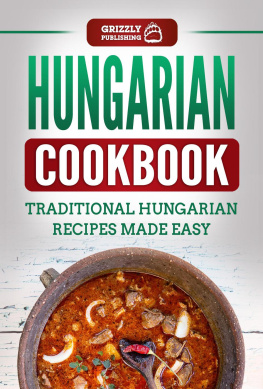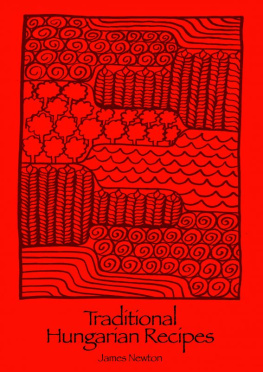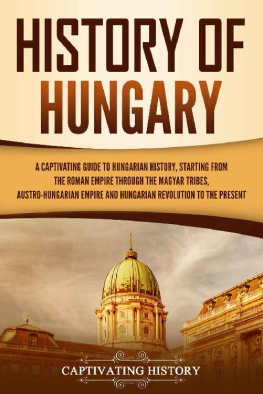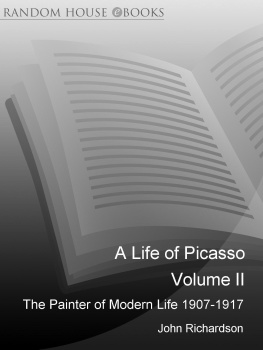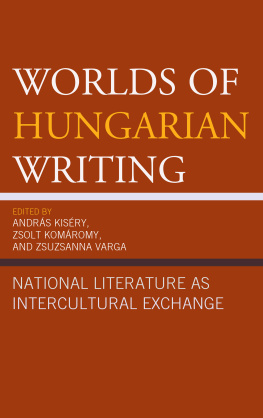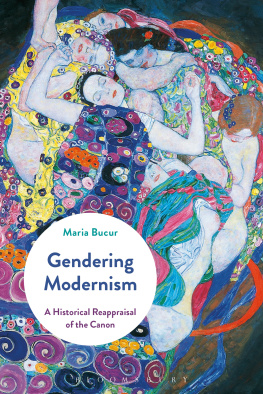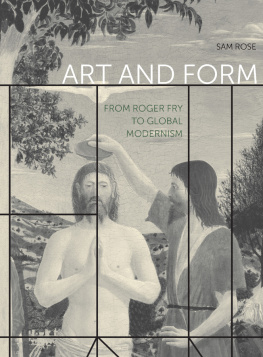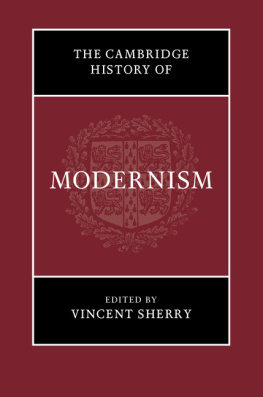PRAISE FOR THE RESTLESS HUNGARIAN
With a sons longing and a historians drive, Tom Weidlinger has written an intensely personal book on the shaky radius of genius. Having come of age at a time of manifestos in Europe, structural engineer Paul Weidlinger fled the impending Holocaust and made brilliant contributions to twentieth-century architectureonly to watch a new generation of family ties fray and break in the United States. Weaving intellectual biography with warm, searching memoir, his sons reckoning is both an important document and an unforgettable read.
CHRISTINE CIPRIANI, coauthor of Cape Cod Modern: Midcentury
Architecture and Community on the Outer Cape and author of the
forthcoming Ada Louise Huxtable from Norton Books
A moving and insightful portrait of a brilliant architect and engineer by his son, a seasoned documentary filmmaker. Paul Weidlingers trajectory from Hungary through Western Europe and South America to the United States parallels the migration of some of the leading artists and architects of the twentieth century. A colleague of Le Corbusier, Breuer, Moholy-Nagy, Kepes, Noguchi, and Dubuffet, Weidlinger made his contribution as a structural engineer who realized buildings, dams, and sculptures on three continents. This is a biography of a unique visionary who helped create the architecture that defines our times. It is also the saga of a family riven by madnessa compelling read.
STEVEN KOVACS, professor of cinema, San Francisco State
University, author of From Enchantment to Rage:
The Story of Surrealist Cinema
In excavating the mysterious background of his titanic father, Weidlinger deploys the kind of compressed storytelling he has honed as a documentary filmmaker: deftly intercutting between past and present, revealing tantalizing clues that he follows across continents and epochs, and providing lively context that enriches his familys saga. Its a deeply affecting journey.
PETER L. STEIN, executive director (emeritus),
San Francisco Jewish Film Festival
Tom Weidlingers probing memoir provides a uniquely personal illumination of twentieth-century political and cultural developments, events, and crises that have affected the lives of millions. Its chapter on the Cold War features his fathers proudly described exchanges with other renowned nuclear strategists, whose ideas Weidlinger himself often found repugnant. It brings to life, vividly and humorously, the way many decisions that profoundly impact our lives are made by fallible and narcissistic human beings, despite their high IQs. And however restless they are to leave their mark on the world, they are no less prone than people of more modest accomplishments to make a mess of family and interpersonal relationships. Superbly written, this remarkably candid biography and introspective memoir is an absolute pleasure to read.
SEYOM BROWN, author of Faces of Power: Constancy and
Change in United States Foreign Policy from Truman to Obama
and The Causes and Prevention of War
The Restless Hungarian is a wonderful book, beautifully written and intricately researched. Through the lens of one extraordinary man, it captures the tragic and exhilarating complexity of an entire century.
SUMMER BRENNER, author of I-5, Nearly Nowhere and
My Life in Clothes
THE RESTLESS HUNGARIAN

Copyright 2019 Tom Weidlinger
All rights reserved, including the right to reproduce this book or portions thereof in any form whatsoever.
Published by SparkPress, a BookSparks imprint,
A division of SparkPoint Studio, LLC
Tempe, Arizona, USA, 85281
www.gosparkpress.com
Published 2019
Printed in the United States of America
ISBN: 978-1-943006-96-0 (pbk)
ISBN: 978-1-943006-97-7 (e-bk)
Library of Congress Control Number: 2018957895
Interior design by Tabitha Lahr
All company and/or product names may be trade names, logos,
trademarks, and/or registered trademarks and are the property of
their respective owners.
Names and identifying characteristics have been changed to protect
the privacy of certain individuals.
To all my Hungarian relatives, living and dead,
and to Sharon, the love of my life.
CONTENTS
New York and Budapest, 1984, 2013
Budapest, 19001918
Budapest, 19181920
Budapest, 19201932
Brnn, Czechoslovakia, 19321934
Zurich and London, 19351937
London and Paris, 1937
London and Paris, MarchSeptember 1938
Paris, AprilSeptember 1938
Paris, Budapest, and Zurich, April 1938February 1939
Zurich, Paris, Atlantic Ocean, and Charaa, Bolivia, FebruaryApril, 1939
La Paz, 19391940
La Paz and Cochabamba, 19401942, 2015
Budapest, La Paz, Chicago, and New York, 19391943
New York and Hungary, 19421945
Arlington, New York, Budapest, 19451952
New York, 19491958
New York, Western Europe, Cape Cod, 19491960
New York, Cape Cod, 19571969
New York, 19531982
New York, Paris, and Portland, Oregon, 19581970
Cross Country, 20142016
Cape Cod, 2016
1. INTRODUCTION
G rowing up, I heard a lot of stories from my father. He told them with an impish smile, relishing each dnouement. He used the word incredible a lot, also amazing and odd. Frequently he professed himself utterly flabbergasted by the twists and turns of his adventures. Among the many stories he told me were those about how: He taught himself to read at the age of four. He was a communist when he was fourteen. He was arrested and sentenced to death when he was eighteen. He slept rough under bridges in Paris, while apprenticed to the famous architect Le Corbusier. He almost got my mother arrested by the Gestapo. He made and lost a fortune in Bolivia. In New York he started a world-renowned company just so hed have enough money to pay my mothers insane asylum bills. He was a close friend of the real Dr. Strangelove. He helped protect the world from nuclear Armageddon.
I found these stories hard to believe; but when my father was in his eighties, I sat down with him and recorded him, first on audiotape and then on video. At the time I didnt know why I was doing it perhaps out of some sense of filial duty or maybe just filmmakers instinct.
As an old man with unruly hair, rose-tinted glasses, and an ironic smile, his bold tales, told in a wispy, gentle voice, seemed even more improbable. When pressed for details, dates, and context, he got very hazy. There was also the excuse that, during the Cold War, he had a top-level security clearance, so there were things he just couldnt say. As he put it jokingly, If I told you, I would have to kill you.

In the past, he had been good with an audience, and was particularly scintillating when there were pretty young women in attendance. But as a father, he was not good with me. You are nave! my father would say to me when I tried to defend beliefs that differed from his, such as the possibility of bringing about world peace. Brimming with mirth, he loved to share my latest childish pronouncements with the adults who came for cocktails. He would laugh and gently cuff me on the back of the head with what my sister and I called a double whammy. The gesture suggested he was trying to knock some sense into me. I felt confused; pleased on the one hand for being the focus of adult attention, but also humiliated by my naivet, however charming it seemed to everyone.


